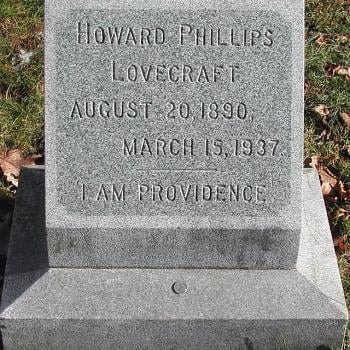Lectionary Reflections
Luke 7:36-50
June 16, 2013
The central feature in the story, as brought out in the parable of the two debtors, is the contrast between the love shown to Jesus by the woman and the lack of love shown to him by Simon the Pharisee.
The Latin term In media res means "in the middle of." This story has a "in media res" feeling, as if we are dropped down into a scene with no back story. How are we to understand the woman's actions or Jesus' rather harsh response to Simon's estimation of her? The only way her actions make sense is if she had already met Jesus. Maybe somewhere in this busy chapter 7 she met him, or maybe she just watched from a distance as he healed a servant and raised a boy to new life and witnessed to John's disciples about the impact of his ministry on those around him.
The only way Jesus' words to Simon make sense is if we recognize how rude he had been to Jesus from the time he entered his home. We need notice all courtesies and signs of respect that were not given to Jesus, as a respected guest in his host's home.
But we know now that she had met him before and that Simon had failed to meet him at the door. With the back story of both the woman and Simon in place, the story makes more sense. She had found peace in Jesus and came to thank him. Simon, preoccupied with the turmoil of restless judgmentalism that was his inner life, neglected the duties of a host to a respected guest. The woman was grateful, and Simon was rude.
Now we understand why Jesus gave Simon a piece of his mind in verses 40-48. We've all heard the saying "to give someone a piece of my mind." It's an odd saying really. But it's exactly what Jesus does to Simon the Pharisee in this story. He gives him a piece of his mind in verses 40-48. It's a fancy way of saying you're going to tell someone your opinion of their actions or words in a forceful way. If you are mad or frustrated with someone, and you plan to tell him so in detail, you say "I am going to go to Bob's house tomorrow and give him a piece of my mind!" If you're really mad, you can add "... and I hope he chokes on it!" To give someone a piece of your mind means that they have really stirred your attention and part of your mind (the "piece") is full of things you want to tell them, usually at length. Usually these are not words of praise and gratitude. They are words of criticism in response to their words and actions that have offended you.
I wonder if Simon choked on the piece of Jesus' mind he gave him in this story (Lk. 7:40-48). Strangely enough, receiving a piece of Jesus' mind and digesting it and living by it is the only way to the peace of mind and heart Jesus offers as a benediction to the woman. Accepting divine forgiveness and sharing it with others is the only path to the peace that makes us whole. "Your faith has saved you (made you well). Go in peace." The woman has found peace, or, more accurately, peace has found her. Simon strongly implies that she is a prostitute, but we don't necessarily have to take a restless, judgmental person's word for it. Whoever and whatever she is, she has known no peace until meeting Jesus. She has, I would guess, been in turmoil about her life and filled with shame. There has been no calming of the storm of her inward life.
In anointing Jesus' feet with ointment and her tears and wiping them with her hair, she honors him; she thanks him, as the source of her peace. The Pharisee Simon and his dinner guests are not at peace; their inner lives are a bubbling, foul smelling stew of judgment of others and reluctant faith. At the beginning of the story, Simon mutters to himself, "You'd recognize her for what she is if you were really a prophet." Perhaps he spoke in a deliberately audible stage whisper so Jesus would hear his disapproval. At the end of Jesus' parable about forgiveness his dinner guests ask each other, "Who is this who even forgives sin?" Are they being sarcastic, or are they filled with a little bit of reluctant awe?
The story raises the question "Who is Jesus?" But it doesn't answer it directly. Still there are strong hints earlier in the gospel. Given that this is such an esteemed guest makes Simon's omission of hospitality all the worse and the woman's homage all the more wise and wonderful.
If we look back over chapter 7 we find multiple clues as to who it is who is reclining at table with Simon and his companions as the woman enters with her alabaster jar and her tears. A Messiah who has cured a servant from a distance and raised a boy from the dead. A Savior who has affirmed to John's disciples the impact of his ministry on people: blind see, deaf hear, dead are raised, and the poor have good news preached to them. He is one who, because he is agent of the love of God, has the will to love those whom those with social, political, and religious power oppress and disdain. He is one who, because he is an agent of the compassion of God, has the power to forgive sins.
Who is Jesus? If this man were a prophet he would know who she is. And in fact he does. She is a human being beloved by and forgiven by God.
Who is this who even forgives sins? This one who, precisely because Jesus is a prophet with divine authority, he receives sinners and forgives them. Maybe even those who, preoccupied with judging others, neglect to welcome him and them into their (our) lives. (Marshall, 304)
Sources Consulted
I. Howard Marshall, The New International Greek Testament Commentary (Commentary on Luke (Grand Rapids, Michigan: William B. Eerdmans Publishing Co, 1978).
6/9/2013 4:00:00 AM





